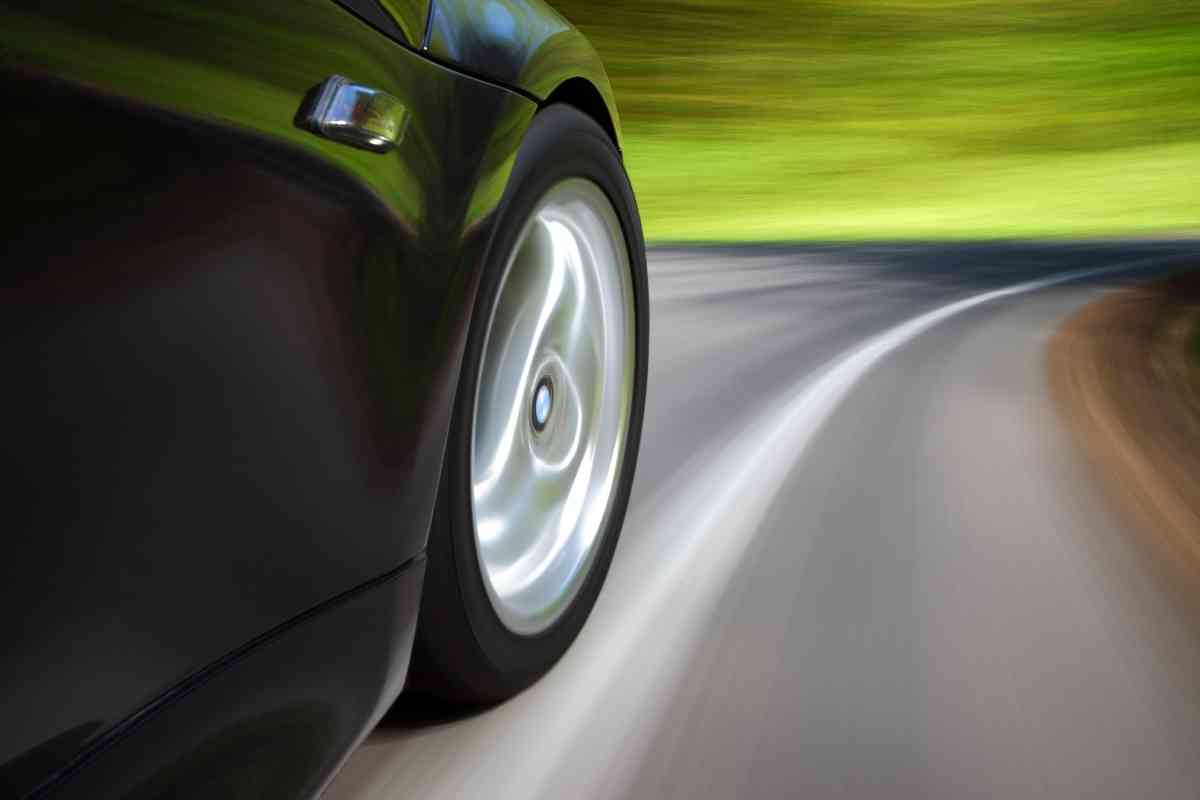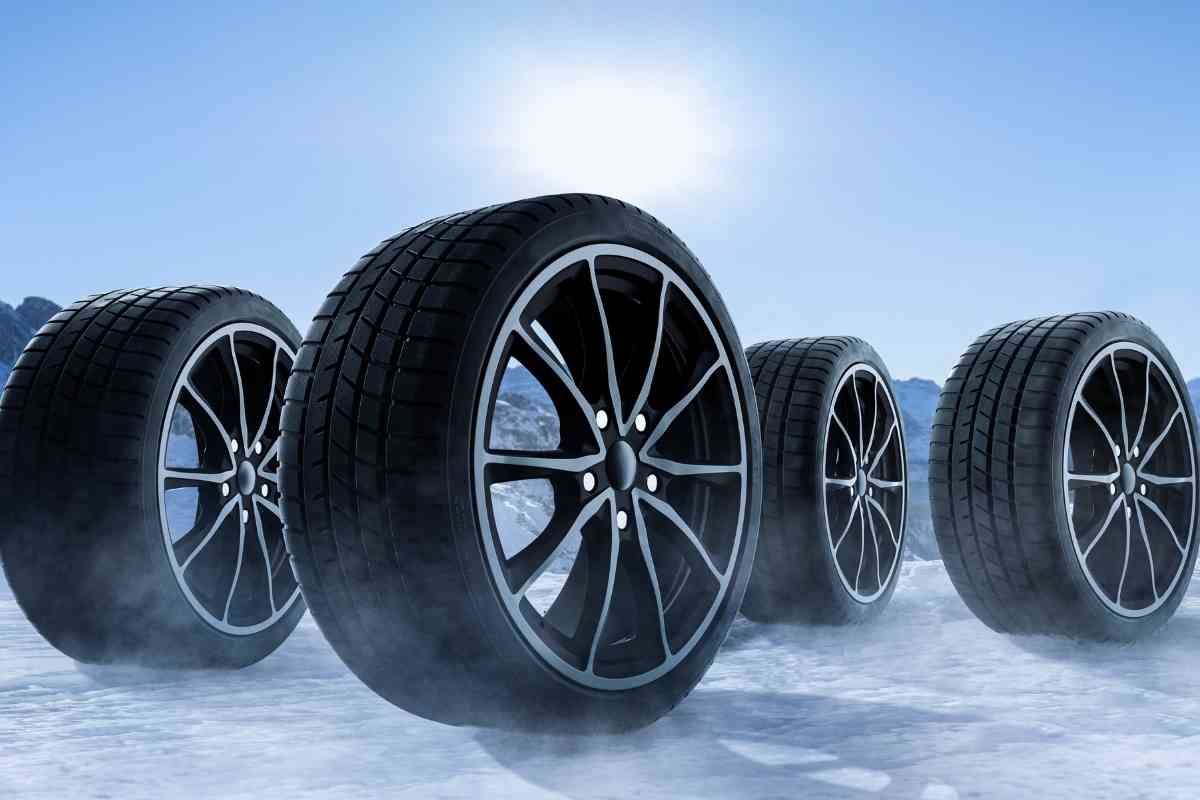Bigger Wheels vs Smaller Wheels: Pros & Cons
Does changing the size of your vehicle’s wheel matter? This guide has the answers. We will explore the pros and cons of bigger wheels vs. smaller wheels.

Does changing the size of your vehicle’s wheel matter?
Bigger wheels can lead to enhanced grip and better cornering performance. But, they will also lead to more fuel consumption and reduced acceleration. Smaller wheels will deliver faster acceleration and lesser fuel consumption. But smaller wheels will also lead to less grip and poor cornering.
I’m a certified auto technician with decades of experience in the auto industry. Therefore, you can be confident that the information I’m providing you is reliable and credible.
Why Wheel Size Matters
Some people may want to upsize to larger wheels or downsize to smaller wheels than their vehicle’s recommended wheel size for various reasons. And this begs the question, are there any benefits to upsizing or downsizing wheels?
Having worked in the auto industry for a decade or so, I have encountered both scenarios. I have also done extensive research on upsizing and downsizing a vehicle’s wheels. And, I will shed more light about the pros and cons of each approach in this article.
Upsizing to Bigger Wheels
Going for a bigger set of wheels has been a trend for quite some time. However, before you jump on this trend, you first need to weigh the pros and cons to decide whether it’s worth it. Here are the pros and cons of upsizing your wheels.
Pros of Bigger Wheels
Enhanced Traction
One of the main benefits of going for a bigger set of wheels is that they can boost traction. Larger tires have a bigger contact patch with the surface, leading to better grip and traction, as well as enhanced handling.
Better Cornering
Another benefit of installing bigger wheels on your vehicle is that they can boost its cornering performance.
As mentioned above, wider wheels will deliver better contact with the road surface. Also, bigger wheels will have stiffer sidewalls and wider thread. And all these features will contribute to better cornering performance for your vehicle, especially when you are moving at higher speeds.
Enhanced Aesthetics
Going for a bigger set of wheels will also enhance your vehicle’s aesthetics. One thing I’ve noticed is that a bigger set of wheels will give your SUV, sedan, compact, crossover or any other vehicle you may be driving a sportier and more aggressive look.
So, if you are looking to give your vehicle a boost in aesthetics, then going for a bigger set of wheels will do the trick.

Cons of Bigger Wheels
Lower Fuel Economy
Going for a bigger set of wheels will increase your vehicle’s fuel consumption. As you may expect, a bigger set of wheels will come with more weight. Consequently, your vehicle’s engine will be forced to work harder to rotate these heavier wheels. As a result, your vehicle will begin consuming more fuel.
Slower Acceleration
As we’ve mentioned above, a bigger set of wheels will add more weight to your vehicle. Consequently, this will affect your car’s ability to accelerate quickly. I have also noticed that the steering wheel feels much heavier when you are driving with a bigger set of wheels.
Speedometer Errors
Your vehicle’s technology is calibrated in line with its standard parts and components. So, if you change a particular part or component and install a non-standard one, the vehicle’s technology will not respond accurately. And this also applies to tires. So, if you install a bigger set of tires, you can expect to experience speedometer errors.
Downsizing to Smaller Wheels
When it comes to changing a vehicle’s tire sizes, most people have gone for a bigger set of wheels. But I’ve also encountered a smaller group that has decided to downsize to smaller wheels. So, are there any effects of downsizing your vehicle’s wheels? Here are the pros and cons.
Pros of Smaller Wheels
Less Fuel Consumption
As mentioned earlier, if your vehicle weighs more, then the engine will have to work harder to keep the vehicle moving.
And this translates to more fuel consumption. So, if you reduce some of this weight, you will lower the engine’s load, which translates to lesser fuel consumption.
Increased Acceleration
A smaller set of wheels will have a smaller diameter. And as you may expect, you will also enjoy increased and better acceleration when you have a smaller set of wheels. Also, a smaller set of wheels means the car will be lower to the ground. And this results into lesser aerodynamic drag and faster acceleration.
Cons of Smaller Wheels
Lesser Grip
Bigger tires will have a bigger contact area with the road surface. And this translates to better traction. So, if you downsize to a smaller set of wheels, you will have to contend with lesser grip.
Poor Cornering and Braking
A smaller set of tires will have a lesser grip. Consequently, your vehicle’s cornering performance will also be poor due to the tires having a lesser grip. Also, you may experience longer braking distances.
Key Takeaways
- Bigger wheels will deliver better traction and better cornering. However, bigger wheels will also lead to slower acceleration and more fuel consumption.
- Smaller wheels will lead to increased acceleration and better fuel efficiency. But you will also experience lesser grip and poor cornering performance.
- There are benefits and downsides to every move.
